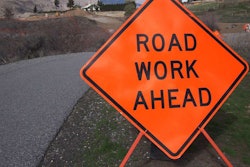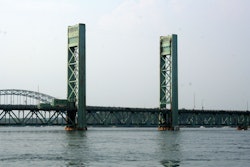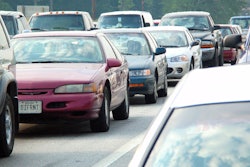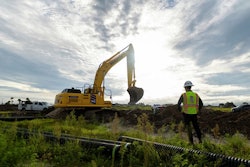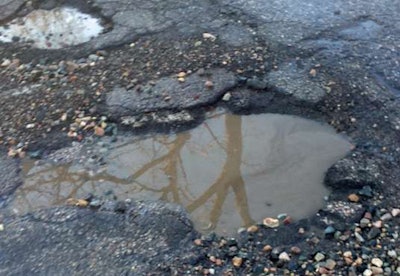
The Oakland Press reports that the program will focus on roads not eligible for funding in the county’s current tri-party system, where communities share a third of the cost of a county road project with the county government and the Road Commission for Oakland County.
While the city/village roads pilot program is similar to the tri-party system, it also requires cities and villages to provide a match for the allocated funds. Road improvements will include everything from paving and resurfacing to lane additions, as well as bridge and drainage improvements.
“At the end of the day it’s not the county’s statutory responsibility to repair these local roads,” Chairman of the Board Michael Gingell (R-District 1) told the news agency. “The issue is that cities and villages that have roads that aren’t maintained by the county did not see much benefit from our tri-county program. This new pilot program will allow the county to help fund the repair of some of these local roads in cities and villages that don’t see the benefit of the tri-county program.”
Chris Ward, administrative director for the Oakland County Board of Commissioners, told the news agency that the second round of applications submitted by a number of districts at its recent meeting will be reviewed and ready for approval at the next board meeting on August 31.
According to the news agency, in order for the program to be launched in 2016, the Oakland County Board of Commissioners allocated up to $1 million in matching funds, which come from the county’s share of state revenue sharing. A community’s share of funds will be based on road miles, population and crash data. Each city and village can apply for as many local road projects as desired, as long as the total cost of each project is within the initial amount allocated by the Commission. Each local road project has to be approved by the Commission before the money can be used.
“I think it’s a fantastic program,” Commissioner Gary McGillivray (D-District 20) told the news agency. “I worked hard to get this through. The problem was that the tri-party funding did not address the local roads, this was only for county roads. In Madison Heights, we have only three county roads and many local roads that were not eligible for our existing tri-party program. This allows us to put money into these local roads.”
The following communities were approved for funding at the Aug. 18 board meeting:
- Auburn Hills, $29,877;
- Birmingham, $30,598;
- Farmington, $11,642;
- Farmington Hills, $100,746;
- Hazel Park, $19,222;
- Holly, $7,711;
- Huntington Woods, $7,267;
- Keego Harbor, $3,774;
- Lathrup Village, $8,934;
- Leonard, $1,409;
- Milford, $8,358;
- Pleasant Ridge, $5,627;
- Southfield, $109,813;
- Sylvan Lake, $3,287;
- Troy, $108,105; and
- Wixom, $18,814
All projects must be completed by the end of 2017. Applications are no longer being accepted for the 2016 pilot program. The Board of Commissioners will determine the future of the pilot program and its continuation into fiscal year 2017.




